As the largest and richest global economy, the United States is the most famous country in the world. Foreigners often have a strong view of America and its people, mainly from media exports like world news, Hollywood movies, and TV shows. But this has generated several unfair stereotypes—here are 20 common misconceptions about the land of the free!
Everyone Owns a Gun

Yes, licensed guns are legal in the U.S., and gun ownership rates are understandably higher than in countries that don’t allow personal firearms. Yet owning a gun is far from universal, especially in safe, urban areas. It’s also not always easy to acquire a license—there are strict regulations depending on the state, and background checks are mandatory for most gun purchases.
Americans are All Obese

According to Forbes, “41.9% of adults in the U.S. have obesity,” as well as 19.7% of adolescents and children. While this is a worrying statistic that has significant implications for the health of the American people, it disregards the other 58.1% (majority) of adult residents who aren’t clinically obese. Many people here eat healthily, exercise, and stay in shape.
Everyone Speaks with a Southern Accent

The U.S. is massive, and regional accents have developed that often make it easy to pinpoint where someone is from by the way they pronounce words. And there’s a lot more to American accents than just the cowboy-movie Southern drawl—from the clipped tones of the Northeast and the distinctive vowels of Brooklyn to the twang of the Midwest and the relaxed sounds of California.
Everyone Carries Cash

The U.S. has become a largely cashless society in recent years. Pew Research Center asserts that four in ten Americans (approximately 41%) don’t use cash for any of their standard weekly purchases, an increase from 29% in 2018. The idea of Americans carrying fat wallets with green dollar bills just doesn’t fit reality—they’re increasingly more likely to use Apple/Google Pay!
Fast Food for All

While fast food like takeaway burgers and fries originated in the U.S., there is a huge variety of dining options in America, especially in big cities. Many Americans enjoy the convenience and affordability of fast food, but there are plenty of fine dining establishments and International cuisines, as well as a love for farmer’s markets and home cooking.
Americans are Uncultured
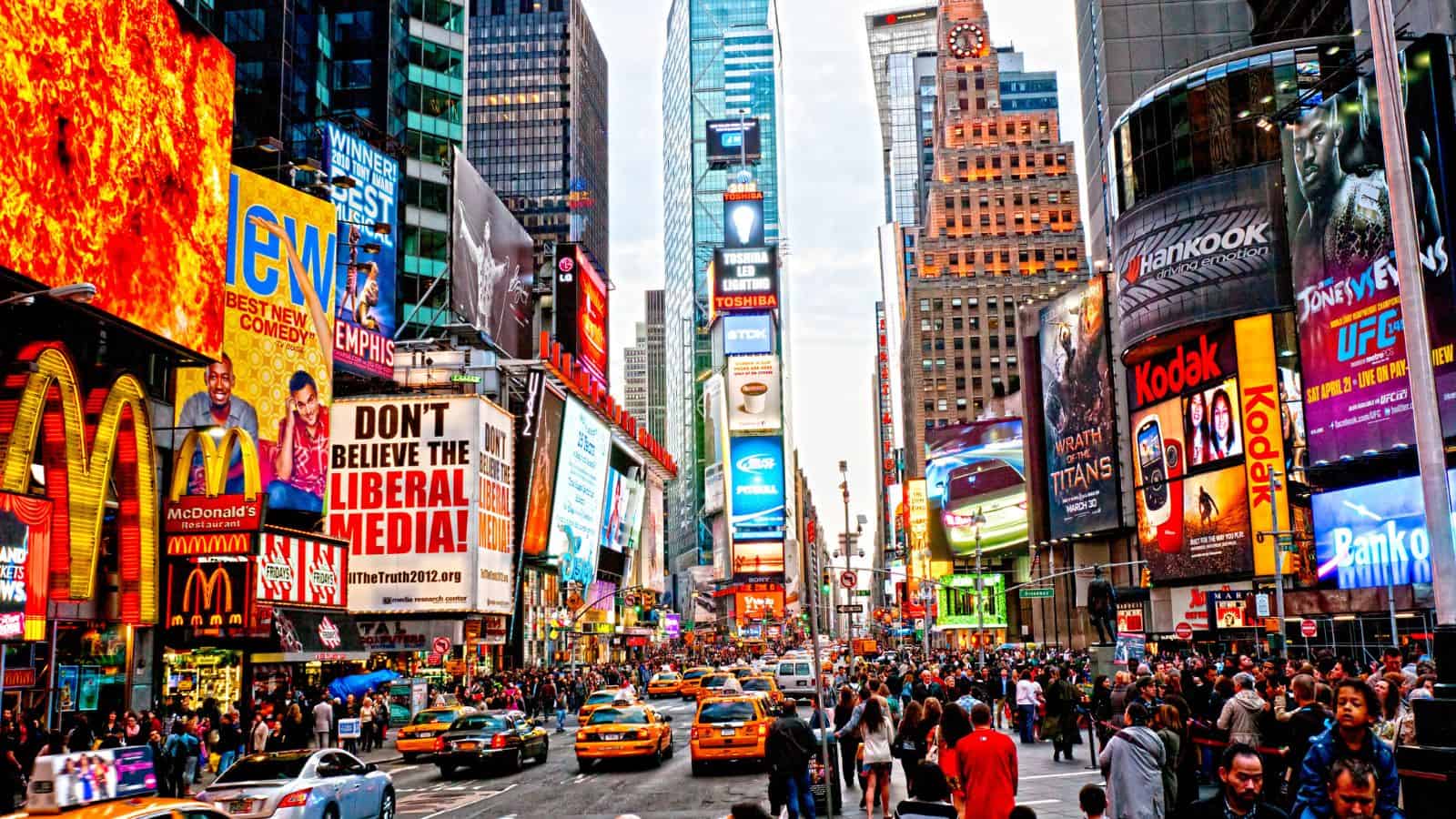
This stereotype is just plain harsh because every country has remote agricultural areas with limited cultural opportunities. Yet America also has world-renowned museums, orchestras, art galleries, and theaters—for example, Broadway in New York City showcases a huge number of stage productions, from extravagant musicals to gritty plays with hard-hitting themes.
Public Transportation is Nonexistent
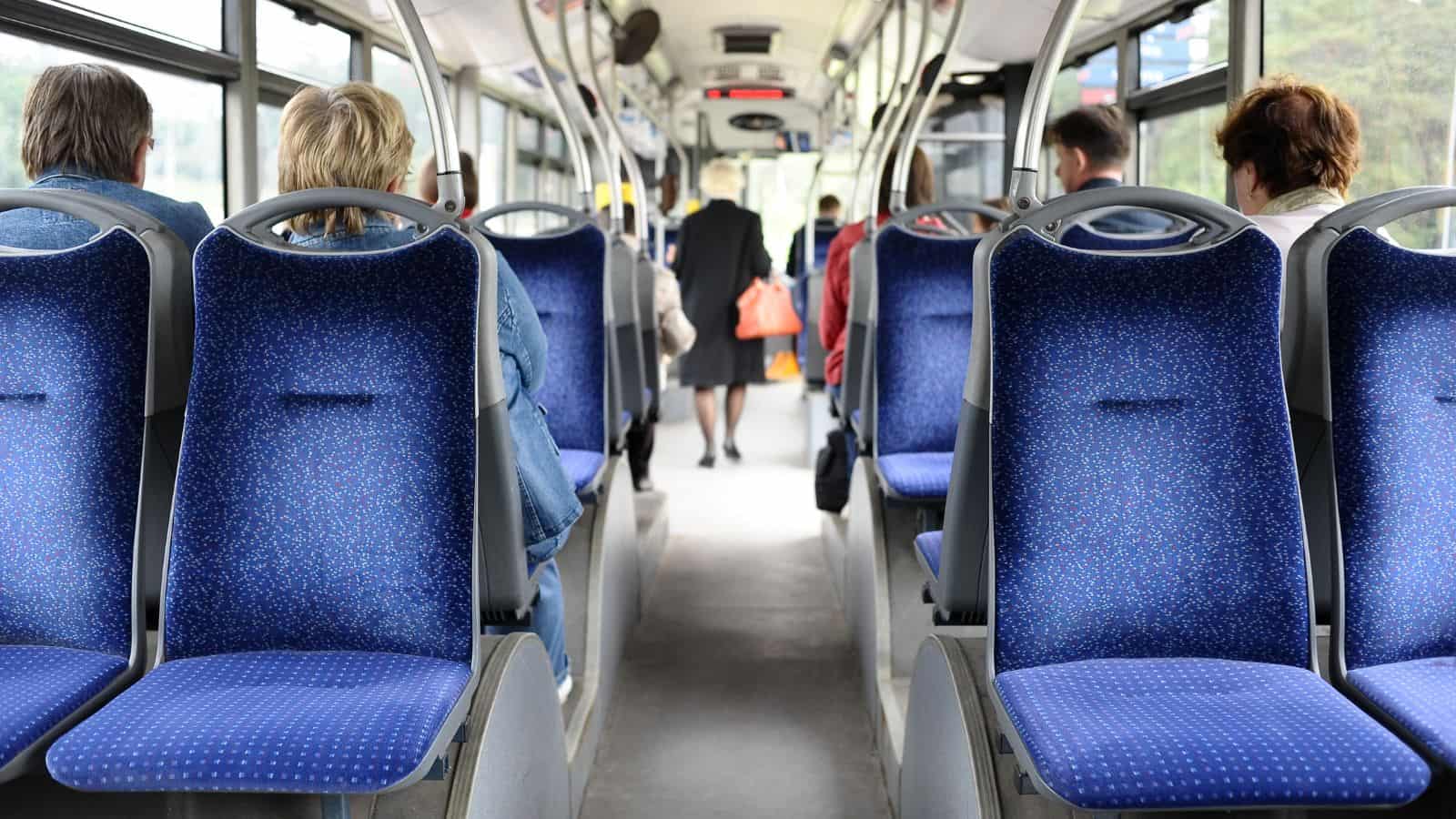
U.S. News reports that Americans made 7.1 billion trips on public transport, including trams, buses, subways, and trains, in 2023. While remote, inaccessible rural areas may have few options, urban centers like New York, San Francisco, Boston, and Washington D.C. have extensive and efficient public transportation systems that are reliable and well-used.
Materialism Above All Else

The original American Dream often focuses on financial success, but being rich and having a lot of possessions is not the sole motivator for most people here. Work-life balance, job satisfaction, and personal fulfillment are becoming increasingly important, and many Americans prioritize things like family, faith, or helping others over simply accumulating wealth.
College is Only For the Rich

The high cost of college tuition is a genuine concern, making it something that people from lower socio-economic groups may struggle to afford. Yet this doesn’t mean that colleges are full of the wealthy elite. Many families plan for their children’s education from a young age, and there are multiple scholarships, grants, and financial aid programs to help make college education more accessible.
Americans are All Individualistic

It’s true that America is a capitalist democracy that emphasizes personal achievement, but there’s also a strong sense of community spirit, especially in close-knit or small-town communities. Volunteering and charitable giving are common acts, with many people donating their time and resources to causes they care about or readily helping their neighbors.
Poor People Don’t Have Healthcare

The U.S. healthcare system is far from perfect, but not every low-income household struggles to access quality medical care—there are other options beyond expensive health insurance. Government programs like Medicare and Medicaid provide healthcare coverage for vulnerable people, while the Affordable Care Act has also improved access to health insurance.
College is Necessary for Success

As in most countries, a college degree can open doors to specific higher-level career paths and technical opportunities, but it’s not the only path to success available. American trade schools offer valuable training in skilled trades like carpentry, plumbing, and welding, which are well-paid jobs in high demand. There is also a strong spirit of entrepreneurship in the U.S.
Americans are Unfriendly

This stereotype tends to apply to the Northern states and contradicts the South’s reputation for warm hospitality. American culture can be fast-paced, particularly in cities like New York and Los Angeles, and this can make busy professionals seem reserved or brusque. Yet most Americans enjoy small talk and will happily chat with strangers if they have time.
Everyone Lives in Big Cities
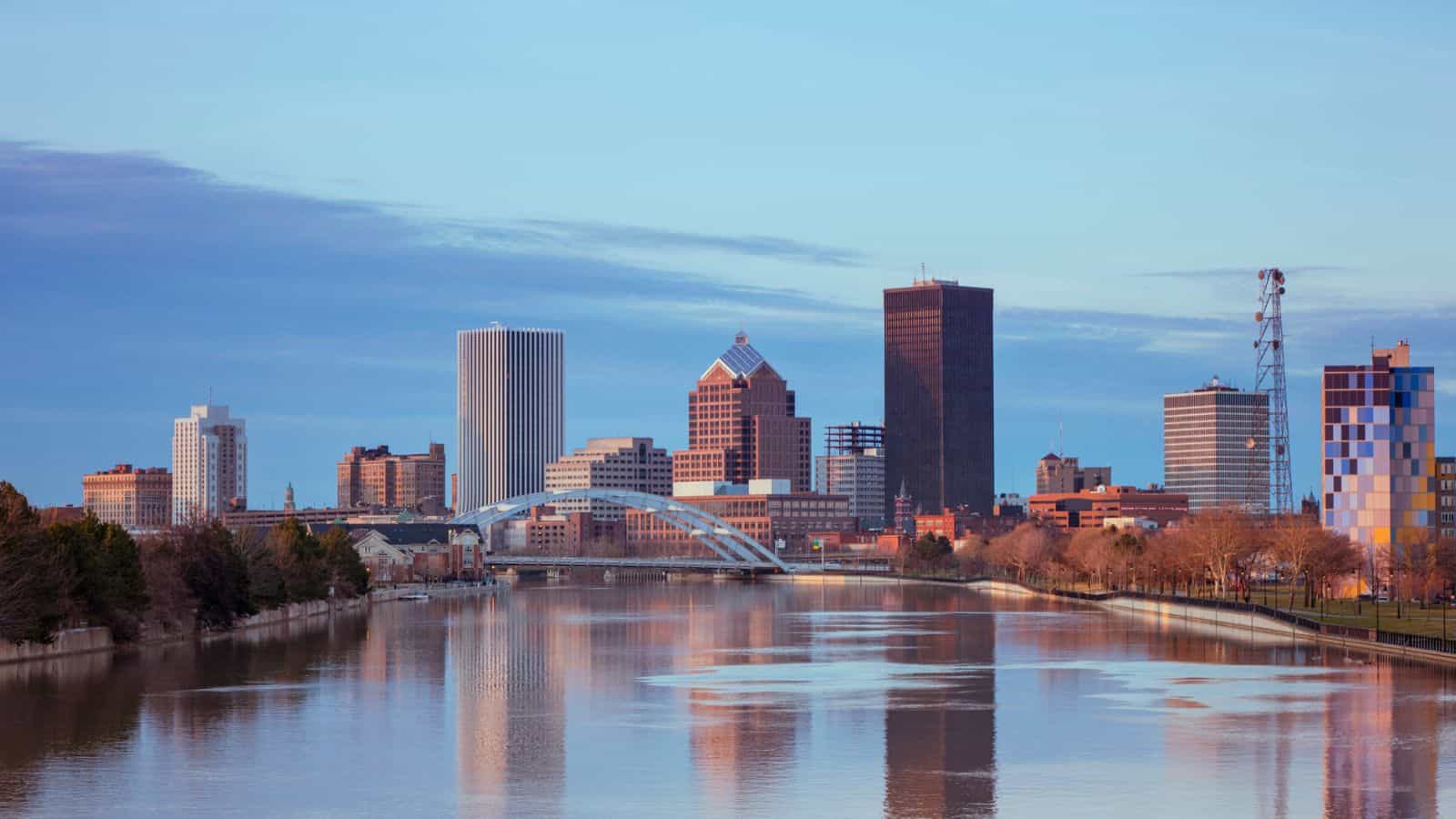
The U.S. is a vast country with expansive wildernesses and agricultural areas, and most people don’t live in busy city centers like Manhattan. Although the wildest places aren’t densely populated, suburbs and rural areas house the majority of the population, and residents enjoy the slower, safer lifestyle, with stronger connections to their communities and less stress and noise.
Americans are All Christians
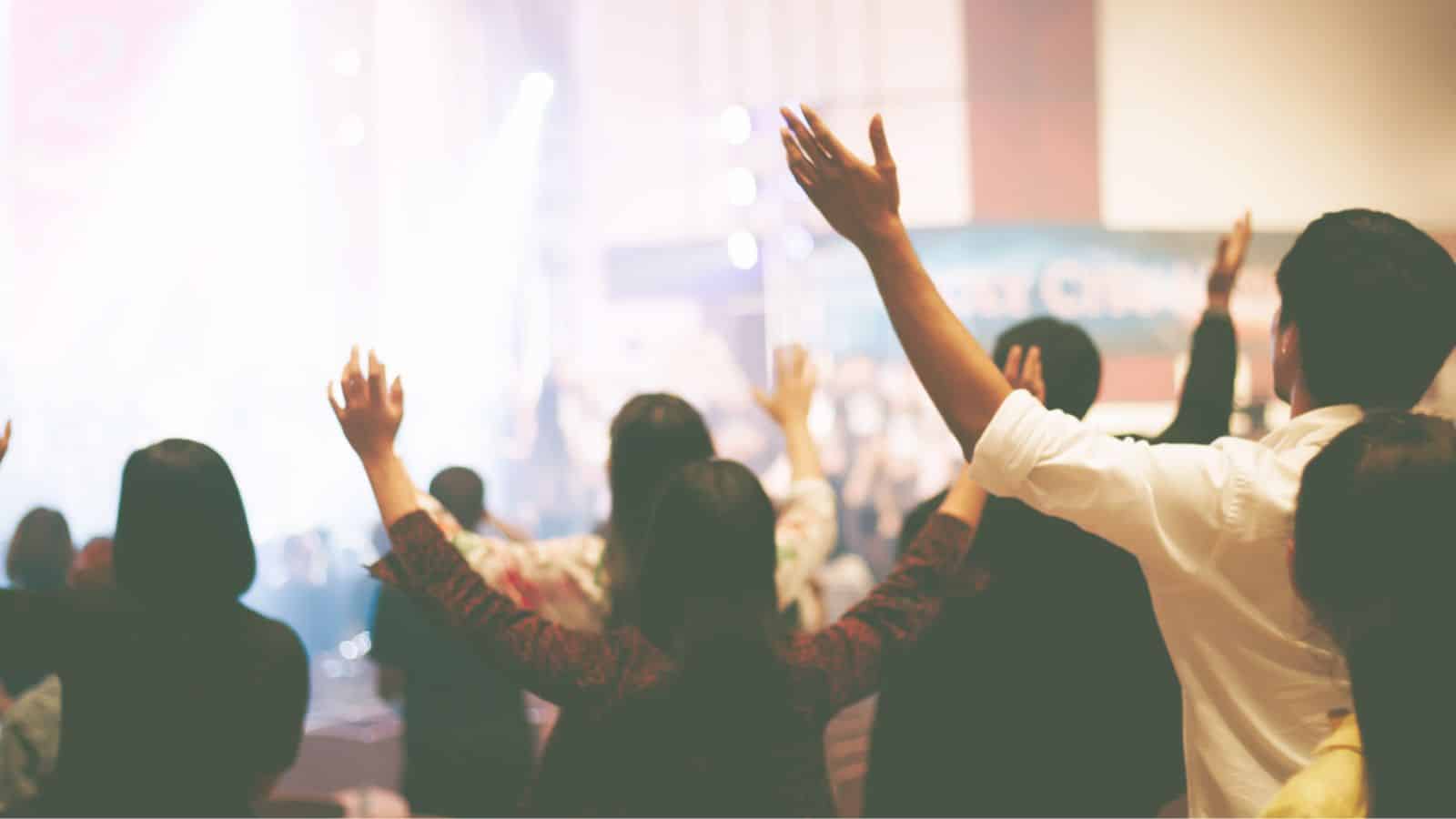
A Gallup poll found that 68% of American people identified as Christians, 22% had no religious affiliation, and 7% had non-Christian faiths such as Judaism, Islam, Buddhism, and Hinduism. So, while Christianity is the most common religion, there are significant populations of atheists and people from other faiths who are free to worship according to their own beliefs.
Americans are Obnoxious
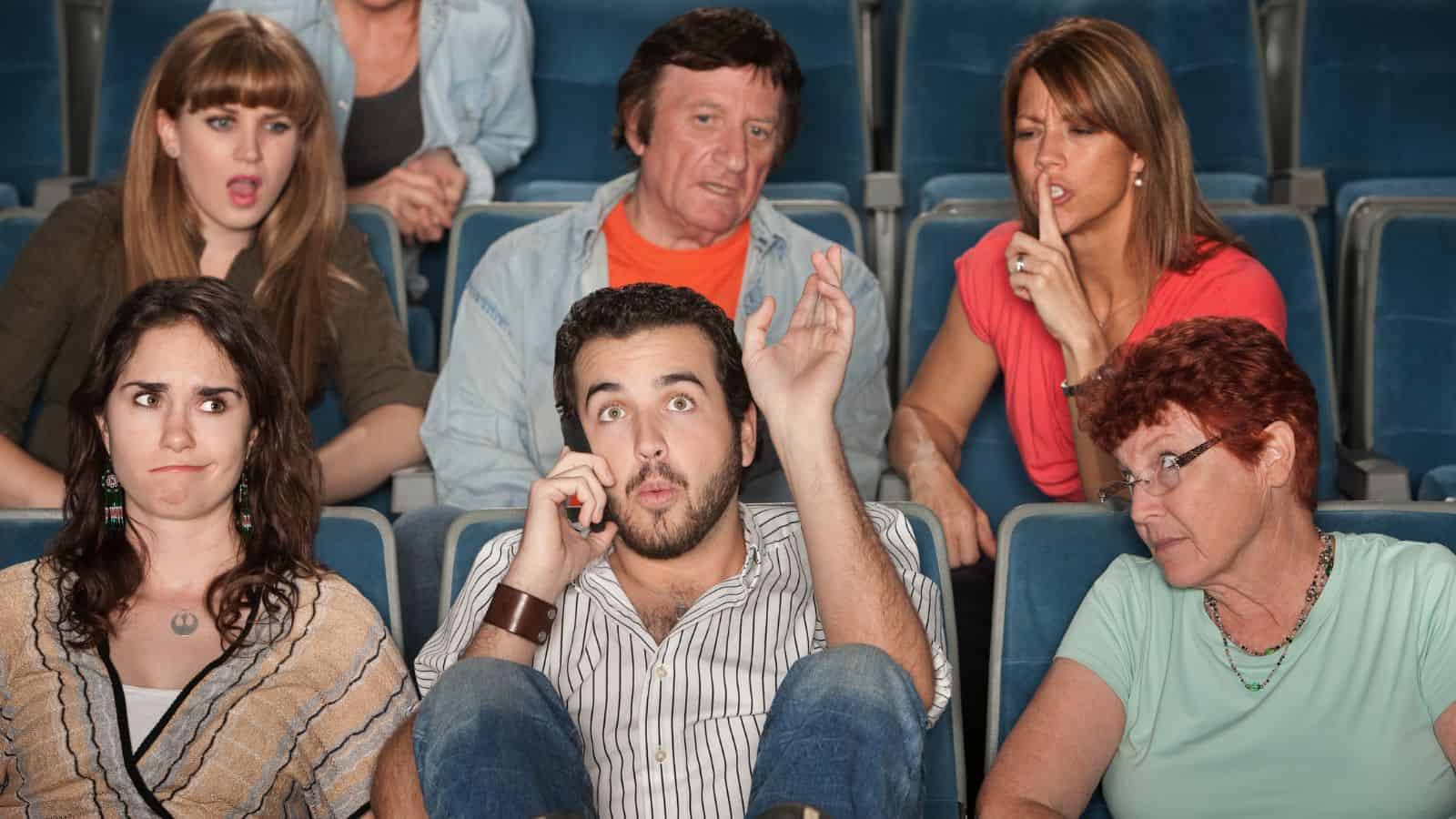
The idea that Americans are loud and outspoken comes from U.S. travelers abroad who may be overexcited on vacation or simply use a more direct communication style than is the norm in some, more reserved cultures. This confidence and directness can be misinterpreted as rudeness or arrogance, but that doesn’t fairly represent the American people as a whole.
The U.S. is All the Same
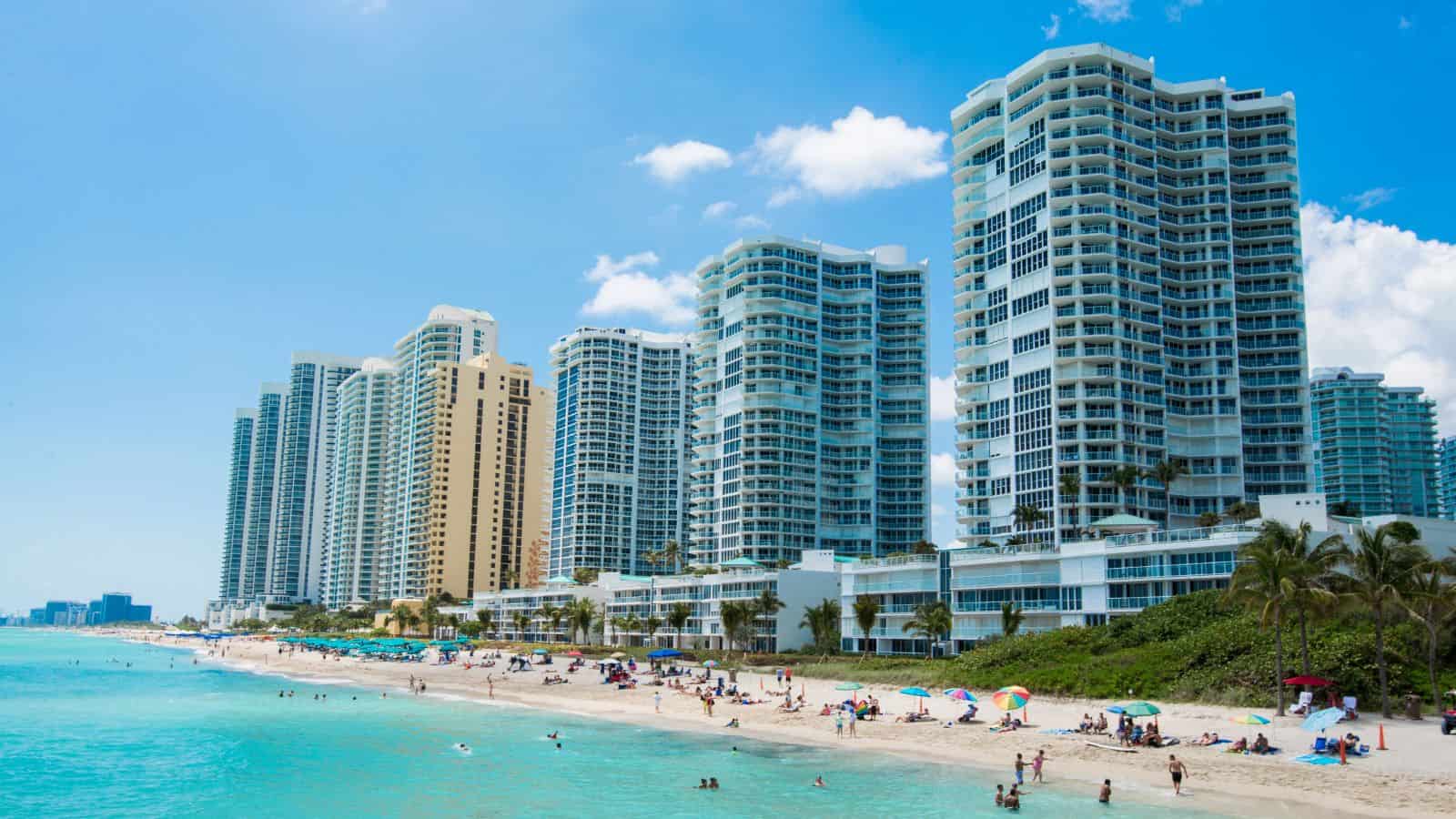
What!? Anyone who’s ever traveled the country will tell you that America is a land of variety and differing landscapes, from the snowy forests of Oregon and the rolling plains of the Midwest to the swamps of the deep South and the sun-drenched beaches of Florida. And that’s without even considering the vast cultural variety, from remote ranches in small towns to bustling 24-hour cities.
Shootings Are a Constant Threat

Tragically, gun-related violence does occur on American soil more frequently than in countries with stricter gun control laws, but they are by no means a daily occurrence or something that most Americans feel constantly in fear of. Stricter gun control laws are a hotly debated topic, and there are ongoing efforts to reduce gun violence, with many safe communities, too.
Americans Never Take Vacations
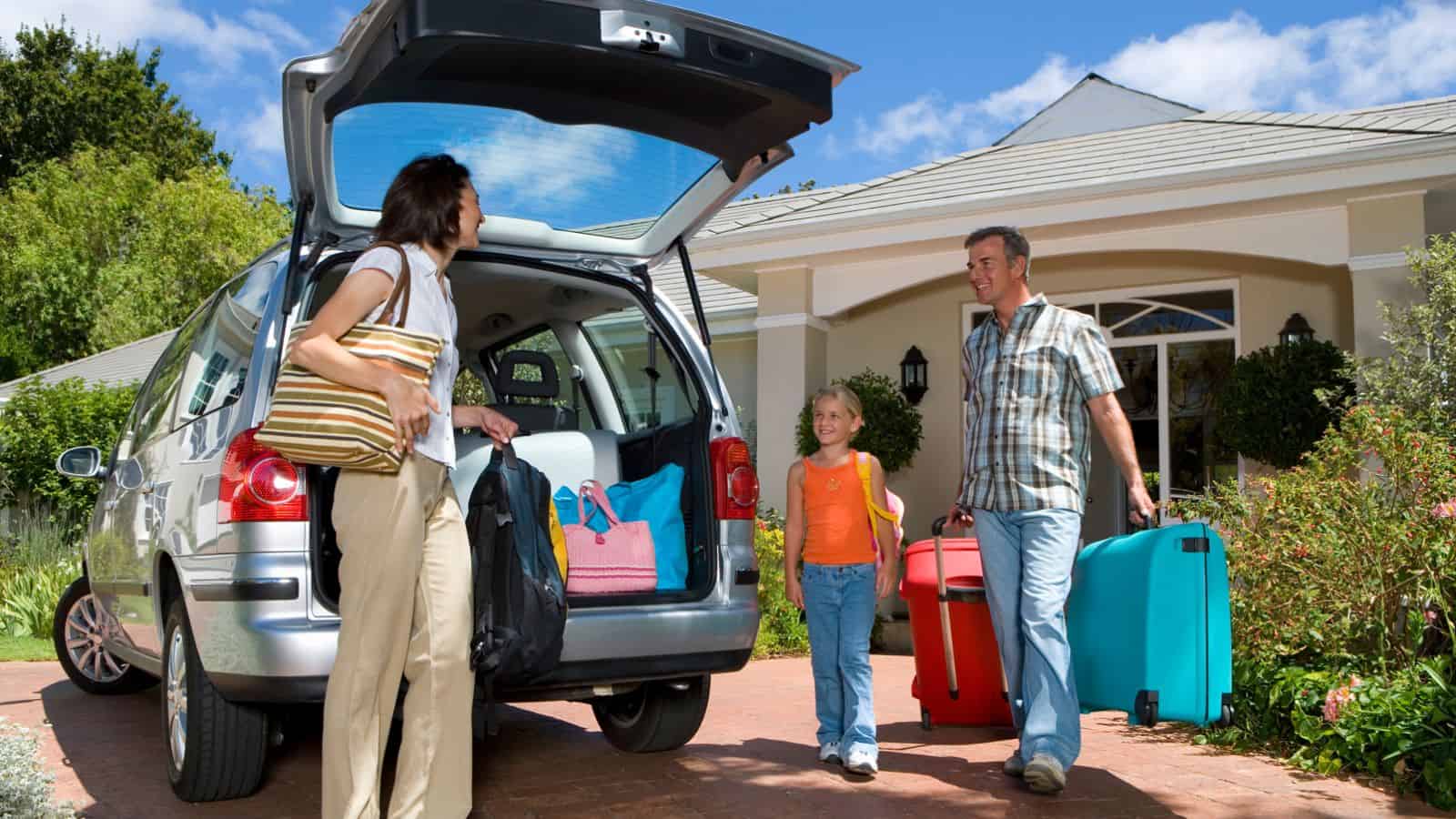
Paid vacation time is not as generous in the U.S. as it is in some other countries, so residents can struggle to find the time for international travel, but it’s not unheard of. Plus, there are so many different places and climates to visit domestically that many residents choose to stay in-country, although that can in itself require a six-hour flight (if traveling from coast to coast).
The South is Racist
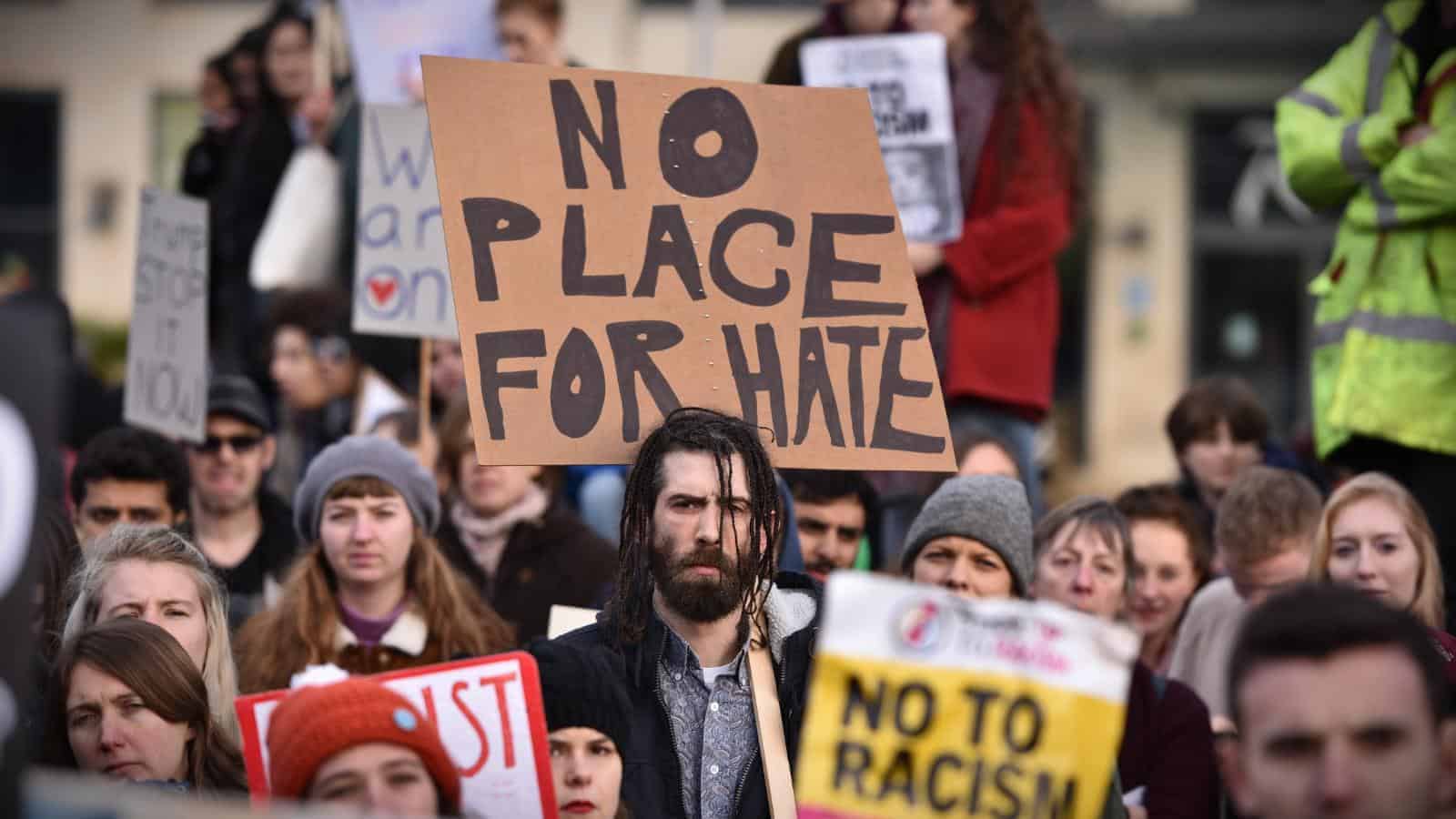
The U.S. has a complex racial history, and racism remains a problem in many areas. However, the South is not a ubiquitously ‘racist’ region, and there is a great deal of diversity here despite media portrayals. Many Southerners of all races live together in close-knit, supportive communities, and many are actively working towards improved racial equality and social justice.
Up Next: 18 Reasons Older Men Say ‘Nope’ To Relationships

Older men embrace being alone and generally prefer spending time in solitude. They’ve had a full, so don’t criticize them for being less social! The following 18 reasons explain why older men prefer to be alone and are redefining how they experience their retirement years.
18 REASONS OLDER MEN SAY ‘NOPE’ TO RELATIONSHIPS
18 Most Dangerous Cities in the World (5 Are in America)
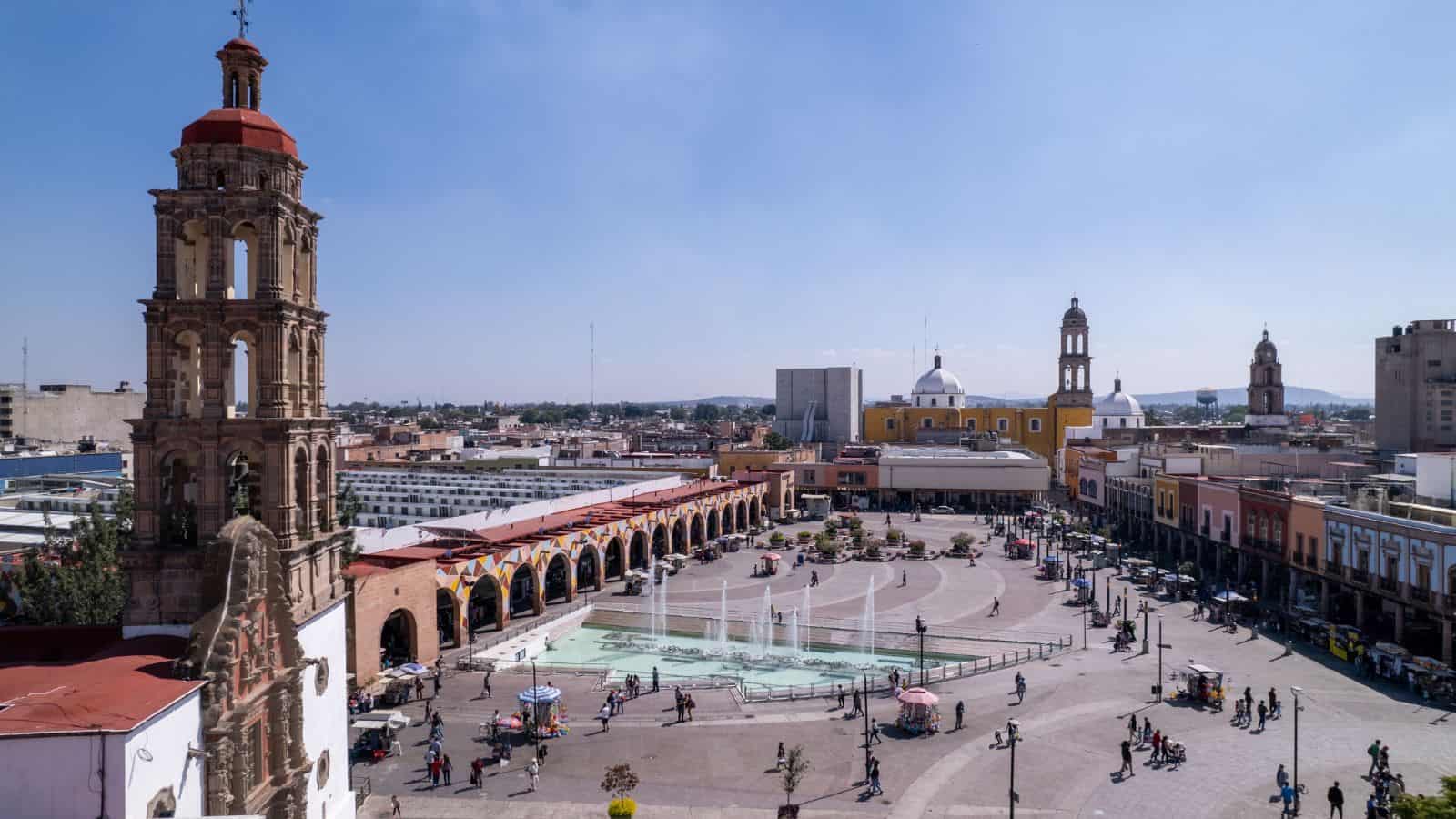
Across the globe, there are many places you don’t want to find yourself because of the crimes waiting to occur. Sometimes, even nature can be cruel to you. This is particularly the case in the following 18 most dangerous cities in the world, five of which are in America!
18 MOST DANGEROUS CITIES IN THE WORLD (5 ARE IN AMERICA)
18 Reasons You Feel Like You Don’t Belong Anywhere

Feeling like you don’t belong anywhere can feel incredibly isolating. We need companionship to keep us connected to the world, so if you’re struggling to form relationships and don’t feel that you don’t fit in, here are 18 reasons why that might be.
